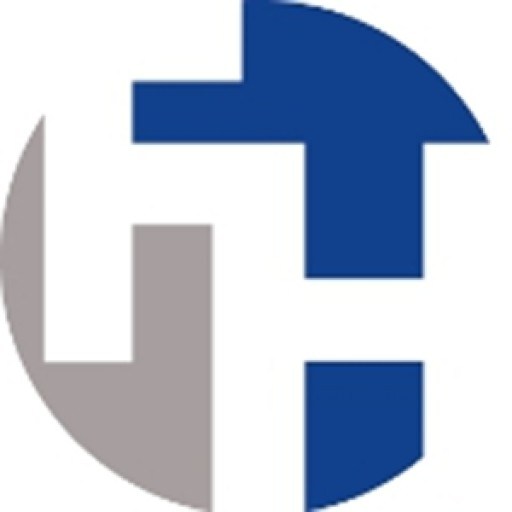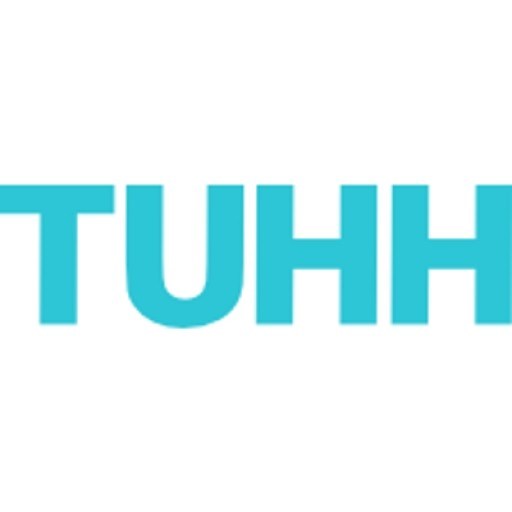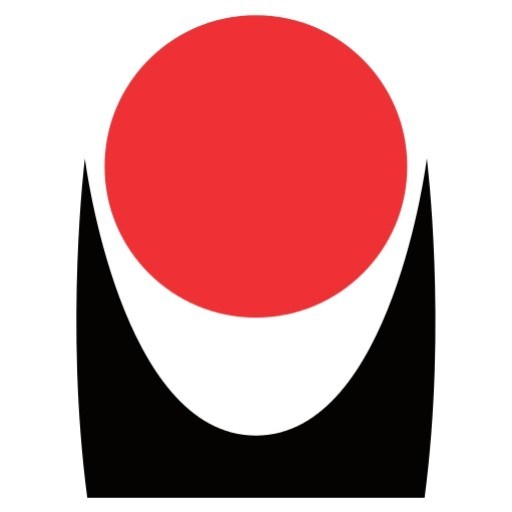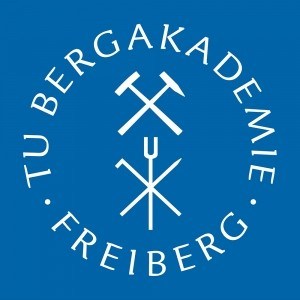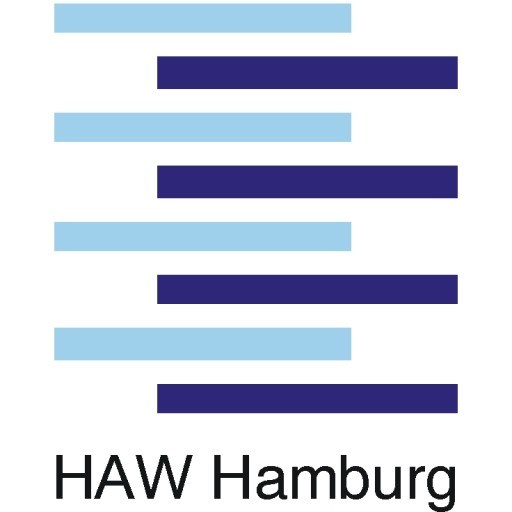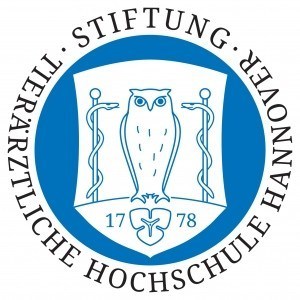Photos of university / #unistuttgart
It covers air quality control, solid waste and waste water control and treatment technologies based on the fundamentals of process engineering.
In the first semester, all students attend mandatory core modules concentrating on the advanced fundamentals of environmental and process engineering. These modules lay the foundation of the specialised areas and modules of the second and third semesters. Another two mandatory core modules have to be attended in the second semester.
At the beginning of the second semester, students choose two out of three specialised areas: Air Quality Control, Solid Waste, and Waste Water. Each specialised area consists of two core modules, one in the second and one in the third semester. Depending on the individual study plan of each student, additional elective modules have to be taken in the second and third semesters. The individual study plan enables students to organise their studies in accordance with their own interests and needs and allows them to either broaden their studies or to specialise.
The modules are supplemented by scientific and practical work within the research activities of the university institutes. An adviser ensures that each individual programme is efficient and goal-oriented.
The fourth semester is dedicated to the Master's thesis that can be done at the University of Stuttgart or outside the university at a company, at another university or at a research facility.
Classes are taught in English. International students without prior German language proficiency have to participate in the German language courses accompanying the programme during the first and second semesters. If students are exempt from the German language courses in the first and second semesters, other module(s) with equivalent credits have to be taken instead. These modules have to be non-technical and can be selected out of a broad catalogue of key qualifications. Students who are proficient in German may also choose additional electives taught in German.
Upon successful completion of the programme, students will be awarded the degree Master of Science (MSc).
Educational organisation
The first two semesters are accompanied by German language classes.During the first semester, all students attend five core modules, which include the fundamentals of process and environmental engineering.
Explanation: lecture = lect., seminar = sem., exercise = ex.
1. Thermo and Fluid Dynamics:
Thermodynamics of Fluid Mixtures, lect.
Flow with Heat Transfer, lect.
Computational Fluid Dynamics, lect.
2. Pollutant Formation and Air Quality Control:
Chemistry and Physics of Combustion, lect.
Basics of Air Quality Control, lect.
3. Chemistry and Biology for Environmental Engineers:
Inorganic Chemistry, lect.
Organic Chemistry, lect.
Biology and Ecology of Water, Soil and Air Systems, lect.
Technical and Medical Microbiology for Engineers, lect.
4. Sanitary Engineering:
Solid Waste Management, lect.
Waste Water Technology, lect.
5. Technology Assessment (subject to change):
Technology Assessment and Environmental Economics, lect. + ex.
6. German as Foreign Language I
In the second semester, two modules are mandatory:
1. Process Engineering:
Mechanical Process Engineering, lect.
Thermal Process Engineering, lect.
2. German as Foreign Language II
Students also choose two of the three specialised areas. Each area consists of core modules in the second and third semesters.
Additional elective modules have to be chosen in second and third semesters:
Air Quality Management
Basics of Membrane Technology
Biological Waste Air Purification
Chemical Reaction Engineering
Chemistry of the Atmosphere
Engine Combustion and Emissions
Industrial Waste and Contaminated Sites
International Waste Management
Introduction to Numerical Simulation of Combustion processes
Modelling and Simulation of Technical Combustion Systems
Modelling and Simulation of Turbulent Reaction Flows
Modelling of Two Phase Flows
Practical work in air quality control
Primary Environmental Technologies and Emissions Reduction in Industrial Processes
Sanitary Engineering - Practical Class
Special Aspects of Urban Water Management
Sustainable Production Processes
Student Research Project
Water Quality and Treatment
Core Module(s) of not chosen area
Biogas
Entsorgungsfachbetrieb
Kraftwerksanlagen I
Luftreinhaltung an Arbeitsplätzen
Maschinen und Apparate der Trenntechnik
Meteorologie
Ökobilanz und Nachhaltigkeit
Raumklima und Innenluftqualität
Ressourcenmanagement
Umweltanalytik - Wasser und Boden
Umweltrelevanz abfalltechnischer Anlagen
Study abroad unit(s)
It is recommended for German students to write their Master's thesis abroad.Internships
An industrial internship is offered optionally.Forms of assessment
Written or oral exams, participation in practical work, submission of studies, reports and design projects, Master's thesisEach student gets 120 credits for the entire four semester programme:
33 credits for the mandatory Core Modules
24 credits for the Core Modules of the two chosen specialised areas
27 credits for Elective Modules
6 credits for German Language
30 credits for the Master's thesis
Course objectives
Societies throughout the world have to face the fact that seemingly plentiful and cheap resources are slowly coming to an end, thus making the air and water pollution control as well as the removal of waste in any shape or form essential. As a consequence thereof, and in addition to dealing with the political and legal implications, the specific education and training of engineers has become an essential prerequisite in mastering these environmental challenges.The study programme WASTE directly addresses this development by educating students from all over the world in how to respond to these increasing environmental challenges. Studying WASTE means finding solutions and solving complex tasks in the fields of air quality control, solid waste, and waste water process engineering.
Language requirements
A TOEFL (CB) score of 213 points or equivalent test results (e.g. TOEFL IBT 79 or TOEFL PB 550, IELTS Band 6.0) as proof of sufficient knowledge of EnglishMinimum level German: A2, according to the Common European Framework of Reference for Languages (CEFR). International students without prior knowledge of German must attend the intensive German language course preceding the programme in September.
Academic requirements
As a prerequisite for admission to the programme, the following admission requirements must be met:- Bachelor's or equivalent degree in chemical, civil, environmental, mechanical or process engineering or in a related field
- Further documents required are specified in the application form.
- International students without prior knowledge of the German language must participate in the intensive German language course preceding the programme in September.
Enrolment fees
Approx. 170 EUR per semesterCosts of living
To cover living expenses, you will need about 750 EUR per month. This is for rent (approx. 300-350 EUR), health insurance for non-EU residents (approx. 80 EUR), the semester ticket for public transport (190 EUR/six months), food (approx. 200 EUR), other incidental expenses and working materials (approx. 100 EUR).Job opportunities
Owing to its location in the heart of one of Europe's largest high-tech regions, there are many opportunities to find employment. Nevertheless, please do not come to Germany expecting to be able to finance your entire studies by working. The study load is very high and it is not always easy to find a part-time job. Non-EU citizens are allowed by law to work for a maximum of 120 full days (240 half days) per year. Students who are employed by the university in one of the institutes or departments ("Studentische Hilfskräfte") are exempt from this regulation, but other restrictions apply. You are not allowed to work during the first year while attending a German language class in preparation for the test of German as a foreign language (TestDaF).Arrival support
A pick-up service is part of our welcome package. If you wish, you will be contacted before your departure, and if you arrive between 8am and 8pm, you will be met at Stuttgart airport or railway station and taken to your accommodation. Your host partner will also help you to deal with all formalities. This service is free of charge.Services and support for international students
Cross-Cultural Mentoring ProgrammeThe Office of International Affairs invites international degree students to sign up for the "Cross-Cultural Mentoring Programme". The programme is intended to ease initial challenges at the university as well as to offer study information, counselling services, subject-specific tutorials, courses, and activities during the whole study programme.
For further information, please contact: heidenreich@ia.uni-stuttgart.de.
The Welcoming Service
The Office of International Affairs offers a buddy programme in order to support you with all formalities at the beginning of your studies. For further information, please visit our website: http://www.ia.uni-stuttgart.de/internat/studierende/services/buddyprogramm/index.en.html.
Accommodation
Both campuses in Stuttgart-Vaihingen and in Stuttgart city centre have on-site halls of residence. Dorm rooms (ranging from 240-350 EUR per month) are furnished, some are equipped with a sink, and all have access to kitchen and sanitary facilities, telephone, and Internet. From the campus in Stuttgart-Vaihingen, the city of Stuttgart can be reached by suburban railway within 10 minutes. If you are under 30 years old and want to apply for a room in one of the student dormitories, please contact the student service:Studentenwerk Stuttgart
Rosenbergstraße 18
70174 Stuttgart
Germany
Phone: +49 (0)7 11-9 57 44 70
Fax: +49 (0)7 11-9 57 44 50
E-mail: wohnen.sws@t-online.de
Internet: http://www.sws-internet.de

